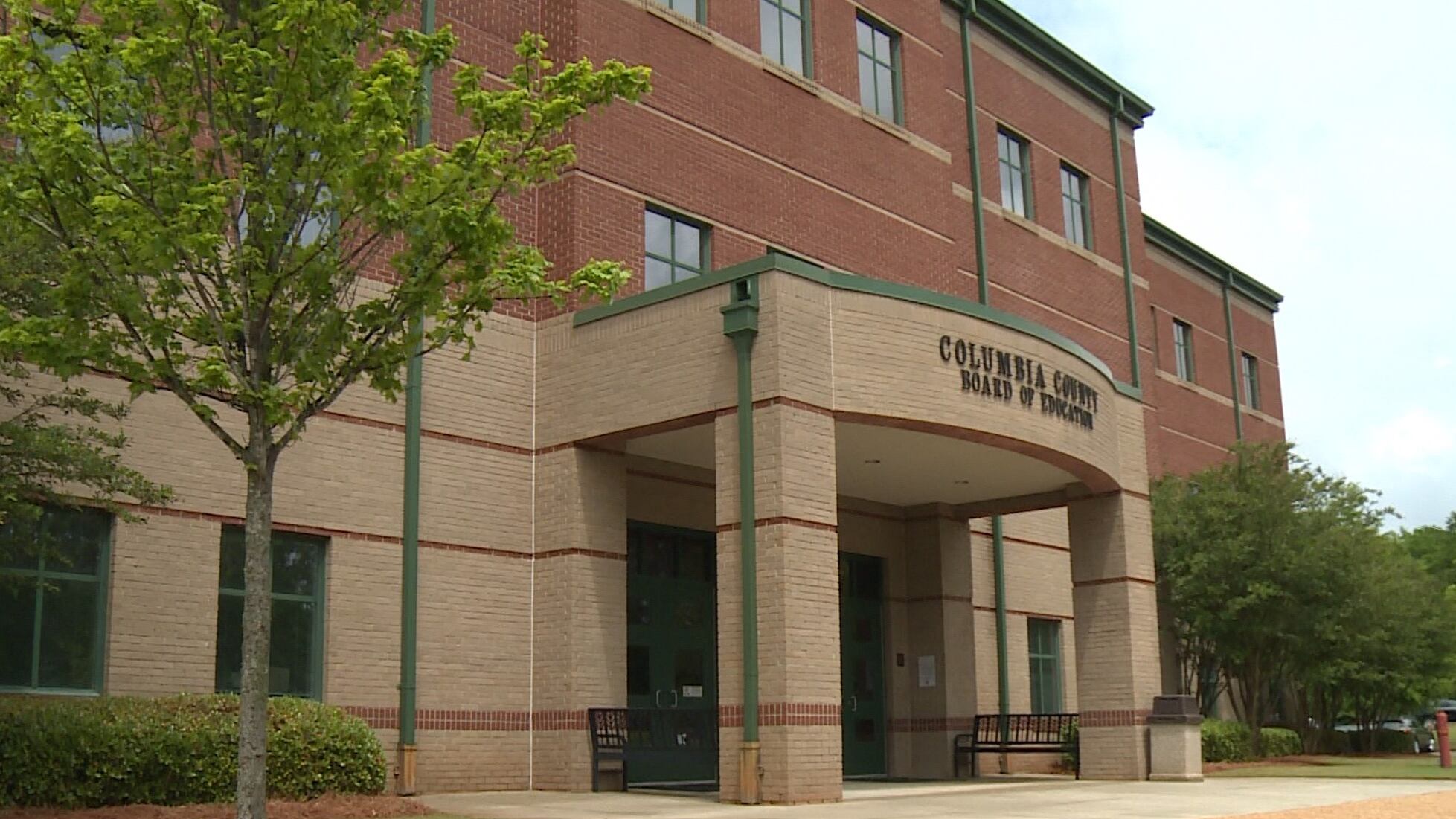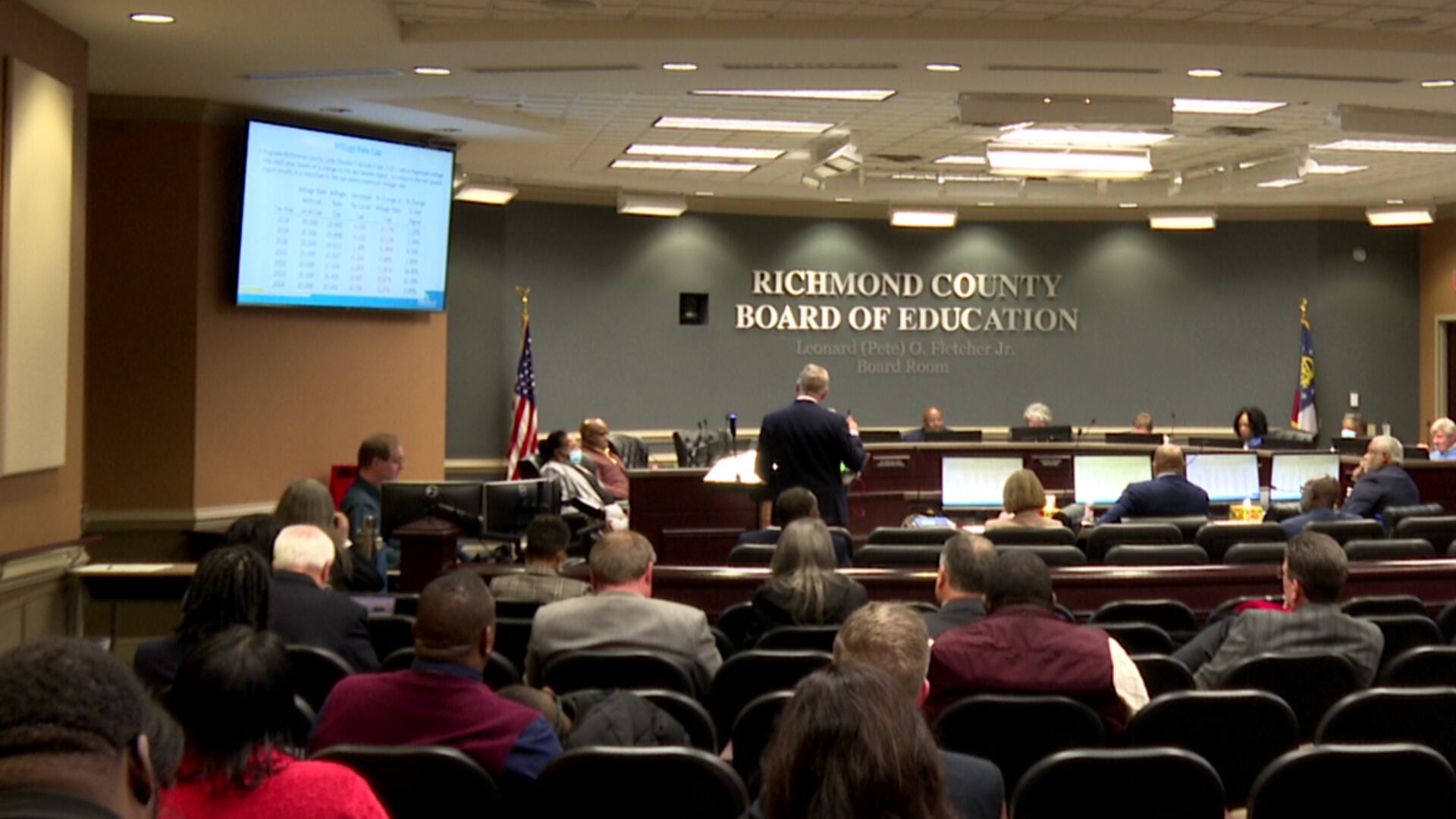Ga. lawmakers may force school districts to accept tax-hike cap
AUGUSTA, Ga. - More than 60% of Georgia voters in November said yes to the homestead exemption question on the November ballot, which could put a cap on tax hikes on your home.
But school districts don’t want to lose that money, so at least half are trying to use an escape hatch to opt out of the new law – and some Georgia lawmakers aren’t happy with that.
The law establishes a floating homestead exemption, which limits the annual increase in property tax assessments on homestead properties to the rate of inflation for the previous year. The law also allows local governing bodies a one-time opportunity to opt out of the exemption.
Columbia County school board hears views on property tax law
Two public hearings remain for the Columbia County Board of Education to opt out of the Homestead Exemption Act. We spoke to district officials and people who live in the community.

While some cities and counties are considering whether to opt out, school districts appear much more likely to exempt themselves. That’s in part because schools only raise revenue from property taxes and state and federal aid, while cities and counties have other options. The law also gave cities and counties the ability to increase sales taxes by a penny on every $1 of sales to replace property taxes, but did not give school districts that power.
The Richmond County and Columbia County school districts are among those that want to stick with the old plan without the cap on tax hikes. Each is holding the three hearings required by law to hear from taxpayers.
And although the decision on opting out hasn’t technically been made, just scheduling the hearings indicates an intent to opt out.
Richmond County school leaders hear concerns on opting out of tax-hike cap
“The way I’m looking at it as a disabled veteran homeowner, I don’t need any more burden placed on me to be able to stay and live here in Richmond County,” said one resident of Richmond County.

Some state lawmakers are threatening to introduce legislation to force their local governments to comply if they opt out.
Mike Goff of Lilburn told the Gwinnett County school board in a Jan. 16 hearing that property taxes on his home have more than doubled in three years and neighbors he talked to are equally against opting out.
“Not one single neighbor was thrilled with what we’re doing here,” Goff said. “Not one single neighbor said ‘Let’s opt out and let us double our taxes every three years.’ Not a one of them was interested in that.”
What does homestead exemption law mean for you?
With the new year comes new laws and one such law in Georgia has to do with protecting homeowners from big spikes in property tax values.
Georgia was one of eight states where voters decided property tax measures in November, a sign of how rising tax bills are influencing politics nationwide.
Nearly 63% of Georgia voters ed a state constitutional amendment that would limit increases in a home’s value for property tax purposes to the broader rate of inflation each year.
The measure came after lawmakers fielded complaints about rising property tax bills. From 2018 to 2023, the total assessed value of property across Georgia rose by nearly 61%, according to figures from the Georgia Department of Revenue. Most governments pocketed increased revenues even as they lowered tax rates, boosting employee pay and other spending. Statewide property tax collections rose 44% from 2018 to 2023.
Augusta schedules 3 hearings on new property tax law
Augusta-Richmond County has scheduled three public hearings on the homestead exemption law that could impact your property taxes.

But school leaders were alarmed that revenues wouldn’t keep up with future expenses. Needing votes from lawmakers sympathetic to school concerns to reach the two-thirds majority needed for a constitutional amendment, leaders in the House and Senate granted cities, counties and school districts a one-time chance to exit the cap that must be completed by March 1.
But lawmakers who represent some districts that are considering opting out say they will local legislation to place them back under the cap. Such a move would require a second local vote to make the cap mandatory. Senate Finance Committee Chairman Chuck Hufstetler, a Rome Republican who helped lead the writing of the amendment last year, has said he will do so if any of the districts exit the cap.
“My feeling was that in areas like mine, in Floyd County, where over 70% of the voters said they wanted it, that would convince the schools that they needed to do this,” said Hufstetler, who published his objections in The Rome News Tribune on Thursday. “That’s not necessarily going to happen, in which case there’s going to be a second vote that says it will be mandatory.”
Copyright 2025 WRDW/WAGT. All rights reserved.














